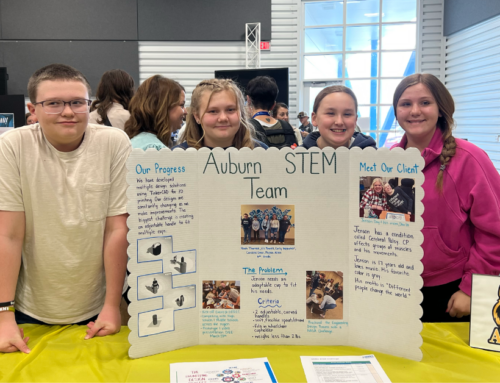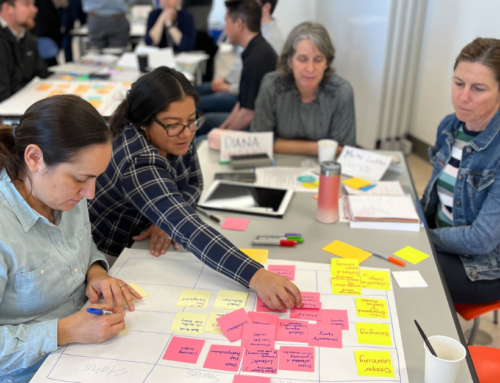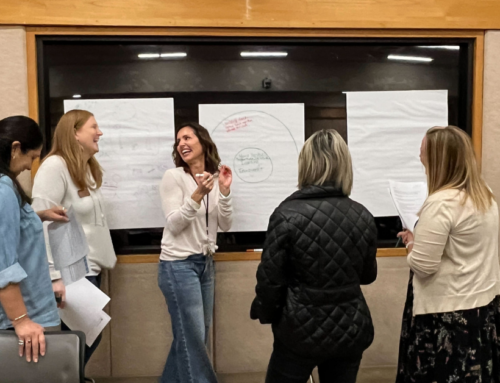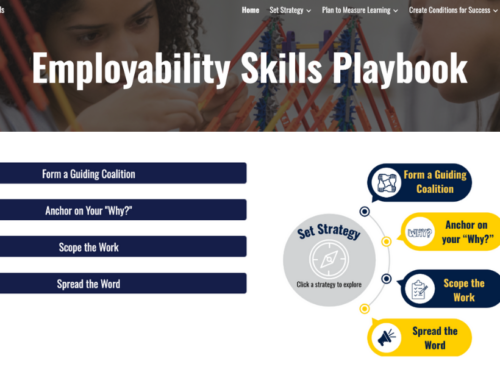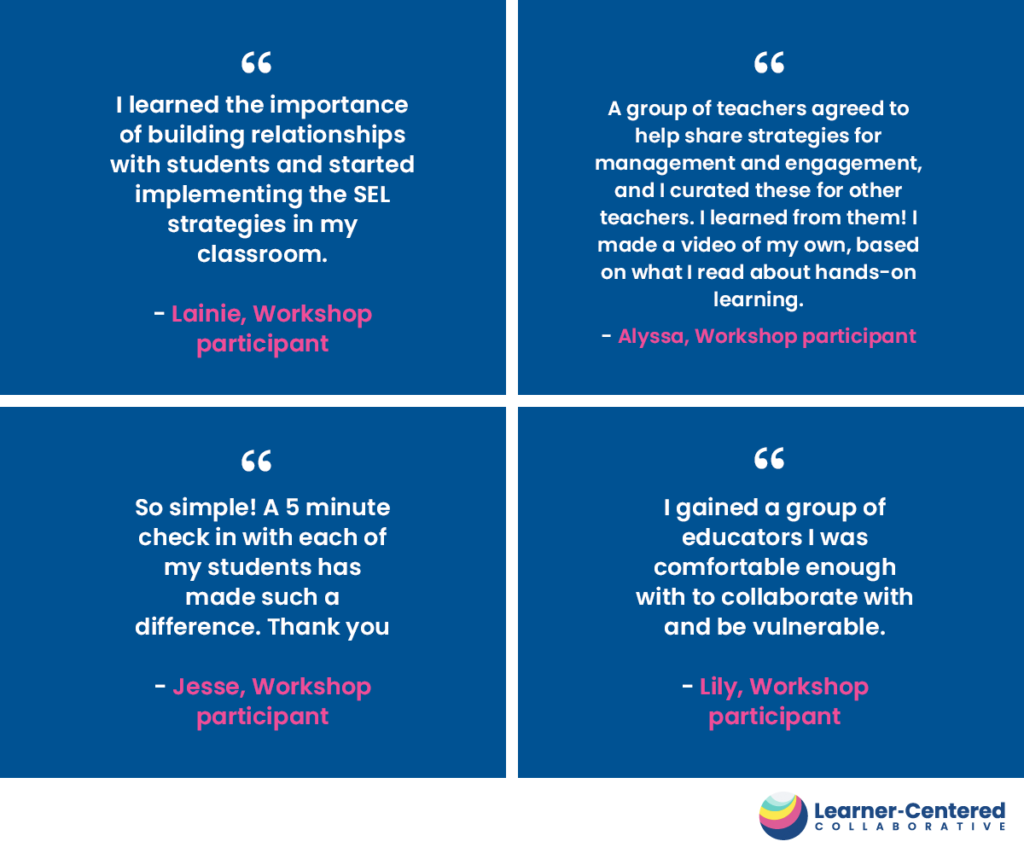
Researchers and practitioners alike have long advocated for the need to change traditional “stand-and-deliver” and “episodic” professional development models, yet little has changed in practice. There is wide agreement that professional learning should be job-embedded, collaborative, and involve ongoing opportunities for coaching and feedback, yet many teachers are still required to attend sessions on the latest programs or initiatives, often without a clear connection to helping students attain the desired learning outcomes.
TNTP published a report in 2015, The Mirage, which found that districts spent an average of $18,000 per teacher on professional development. Despite this investment, most teachers failed to improve. They found this was partly because “school systems fail to help teachers understand how they need to improve – or even that they need to improve at all.”
Central to our work at Learner-Centered Collaborative is our belief that if we want to change how students learn, we must change how educators learn. With that in mind, we have designed Learner-Centered Workshops for educators that:
- center on the belief that we need to make an emotional connection before we can engage in cognitive lift.
- build community by modeling learner-centered practices.
- engage thinking by creating the enabling conditions for powerful learning.
- promote transfer by providing meaningful and relevant content.
- provide educators the opportunity to learn and gather strategies that directly translate to their current practices.
Below are some of the ways we build community and embed relevant, authentic learning into our Workshops while always keeping both adult and young learners at the center.
Building a Learner-Centered Community
Building upon existing expertise and experience is a key component of creating a culture of trust in which all participants feel a sense of belonging so they are willing to share, be vulnerable, and take risks in their learning. These are all key components of powerful learning experiences in the virtual and in-person classroom.
When a group of educators come together with a focus on doing what is best for their learners, a powerful learning community is created. And when adults experience meaningful and engaging learning themselves, they are more likely to transfer those learning experiences to their own practices and learners.
Engage in Structured Learning Cycles
An inquiry-based approach to learning and improvement, commonly known as improvement science, aims to engage learners in rapid cycles of Plan, Do, Study, and Act (PDSA) to learn fast through action, fail fast, and improve quickly. This approach acknowledges that failure is part of the process and that failure itself is not the problem; failing to learn from the process is where we can go wrong. Improvement science empowers learners to make tweaks as they investigate ideas. For educators, this model of discovery, exploration, and doing allows us to continually improve the way we serve the learners in our specific context.
Within our Workshops, PDSA-aligned learning cycles are intentionally integrated to provide opportunities for participants to:
- set a goal and plan for implementing a strategy or practice that addresses a relevant learning need and is attainable within the duration of a learning cycle (Plan).
- implement the strategy or practice (Do).
- collect and reflect on the evidence collected and on the impact on teaching and/or learning (Study).
- determine what to adapt, adopt, or abandon and set a new goal for a new learning cycle (Act).
Gain Tools for Authentic Application
Throughout our intentionally designed learning experiences participants gain curated toolkits and collaboratively engage in protocols to leverage the resources in relevant, meaningful, and actionable ways. These opportunities for educators to make personal connections to the toolkit help to ensure an authentic application of those tools within their learning communities.
Access mini samples of our instructional tools here.
Beyond the resources, Workshop participants also experience the power of connecting across diverse networks. Most importantly, they see new possibilities for their own students and are able to imagine ways to bring those learner-centered experiences to their classrooms.
As we all continue to grow and evolve, it is critical that we elevate what we are learning through the lens of what’s working. When we focus on the positives and celebrate one another the good gets better and we help all learners thrive.
Celebrations of Learning are the culminating event in our Workshops, and they provide an opportunity for all participants to share the highlights of their learning. Celebrations of Learning model how we can make all learning visible and reflect on both the process and products of our learning.
We can’t wait to collaborate with you! Find the Learner-Centered Workshop aligned to your goals and practices here.

